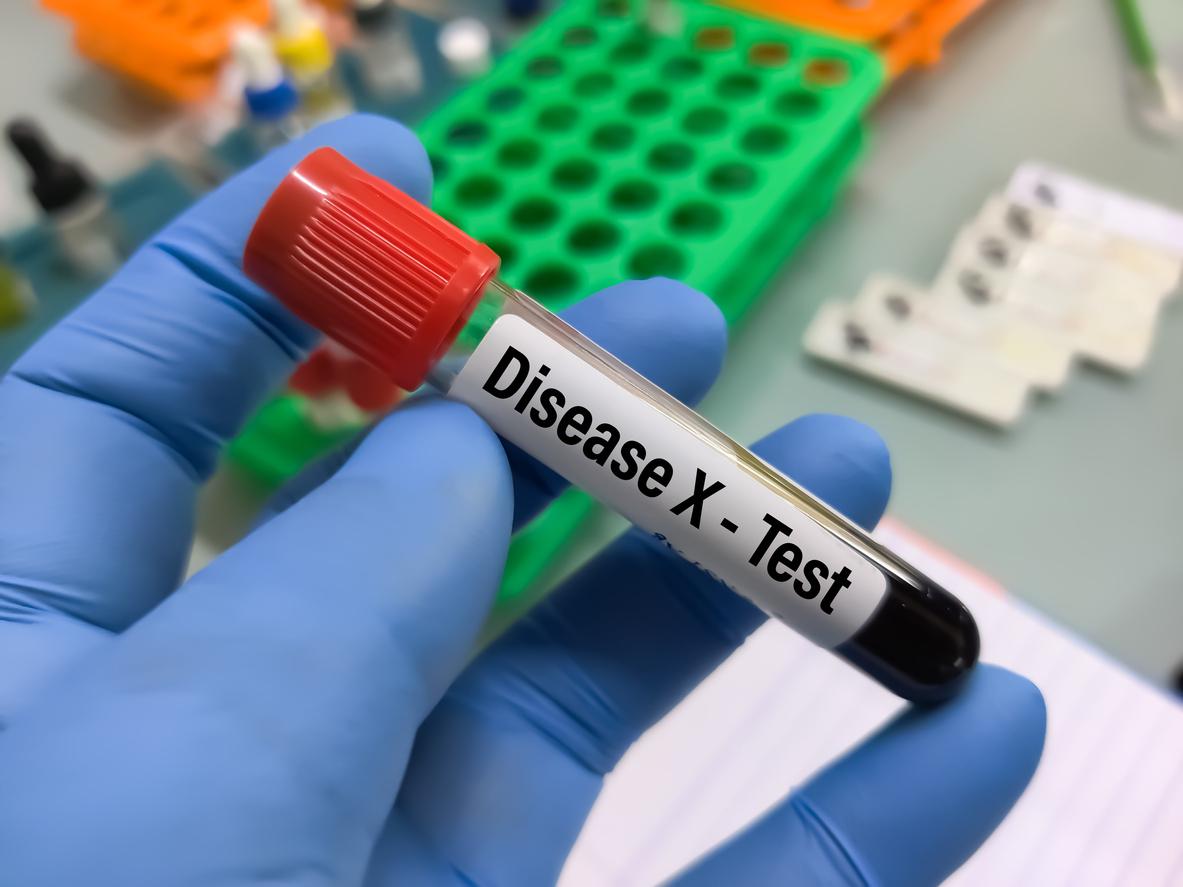At the origin of this research, two students from the University of Montreal (Quebec) who wanted to verify the effect of a natural product on a neurodegenerative disease, amyotrophic lateral sclerosis (SLA) (more commonly called Charcot’s disease).
What is Charcot’s disease?
ALS is a chronic disease of the central nervous system with progressive progression. In this disease, the motor neurons (motor neurons) of the brain, spinal cord and nervous system involved in muscloskeletal control are affected.
Result: the entire skeletal musculature of the limbs, trunk and respiratory system are gradually paralyzed. The cause of ALS is still not known, but it particularly affects adults after the age of 40.
Genetically modified worms
The researchers first based themselves on previous research, carried out on beneficial effects of sugar in ALS by Dr. Alex Parker on a model organism of this disease, the worm caenorhabditis elegans.
They genetically modified this transparent animal model, about a millimeter in length, to contain TDP-43, a protein involved in amyotrophic lateral sclerosis. Around 12 days, adulthood of this worm which only lives for about three weeks, its motor neurons malfunctioned, then, two days later, 50% of the worms were paralyzed.
ALS: a diet containing 4% maple syrup reduces paralysis by 17%
For the sake of the experiment, they added Maple syrup at the regime of small models. Twelve days later, the worms which had consumed a larger quantity of maple syrup suffered much less paralysis.
Conclusion: a diet enriched with 4% Canadian syrup reduces paralysis in the caenorhabditis elegans worm by 17%.
Sugar and antioxidants would protect against ALS
Their results, published on April 13 in the Journal of Agricultural and Food Chemistry, reveal that maple syrup contains several protective ingredients that would prevent the development of Charcot disease. Sugar, first of all, good for neurons, and gallic acid as well as cathecol, two polyphenols, powerful antioxidants with neuroprotective benefits.
Next goal for the students: to develop a concentrate of these antioxidants because the intake of such quantities of maple syrup in humans could cause other diseases such as obesity or Type 2 diabetes.
Read also :
Charcot’s disease: a remote control to empower patients
















